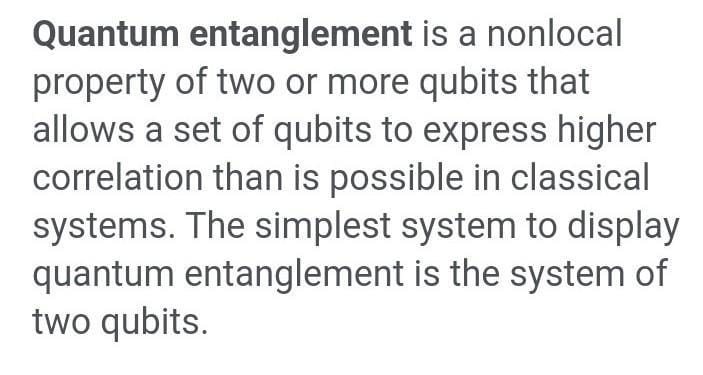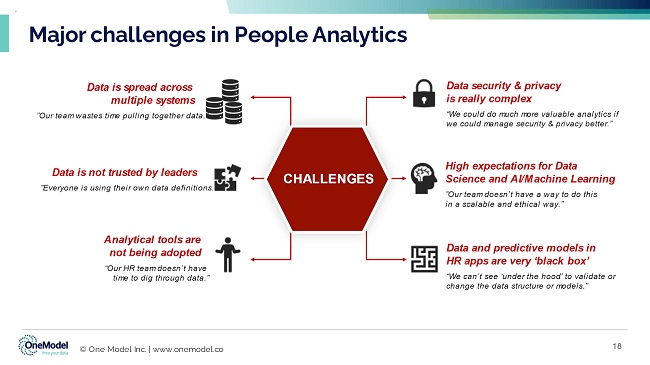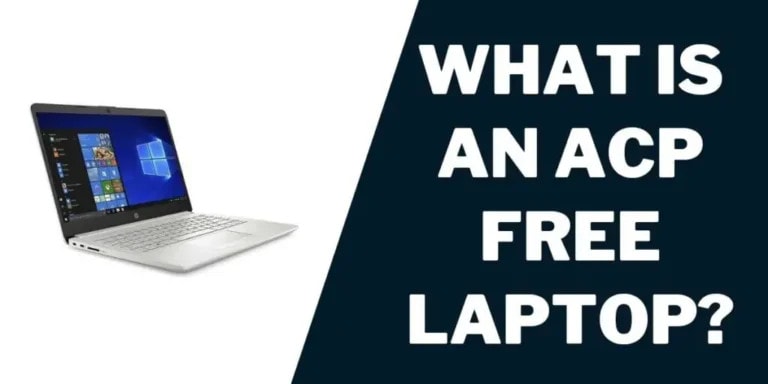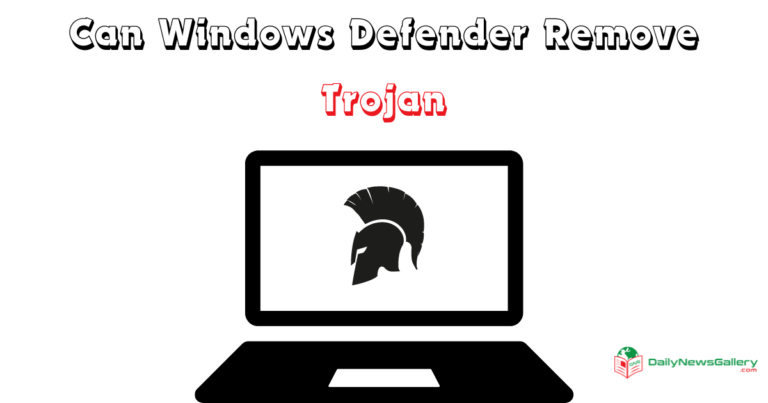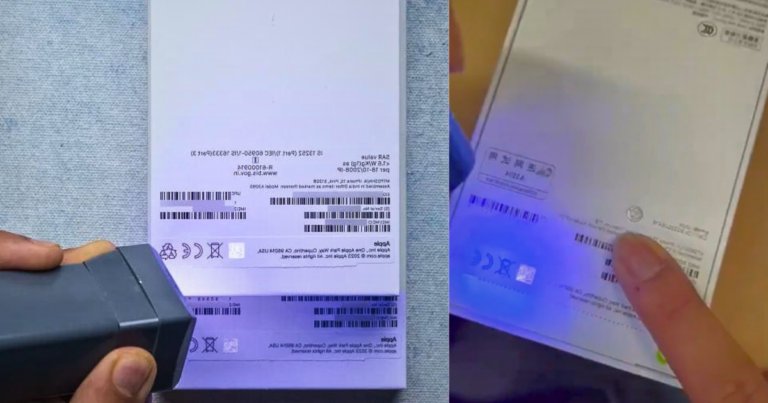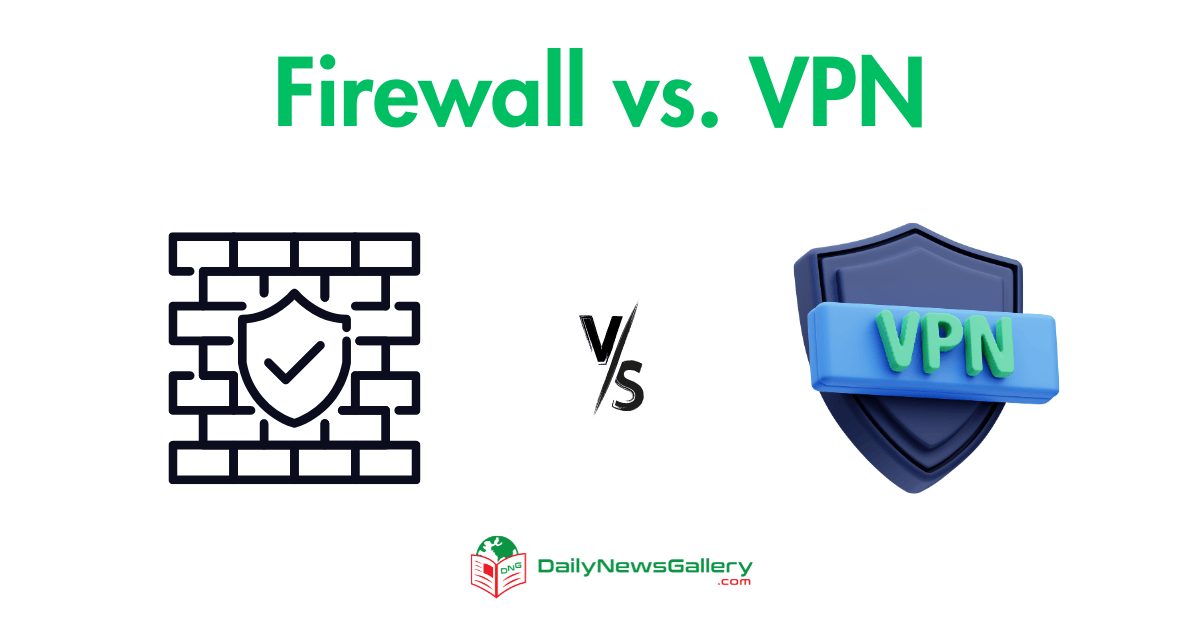
In the pulsating heart of the digital universe, there’s a silent war being waged. Every click, every login, every share – they’re all under the watchful eyes of hackers, data predators, and cyber-spies.
Now, more than ever, safeguarding your digital shadow isn’t just wise, it’s essential. Amidst this chaos, two champions emerge as the guardians of our online realm: Firewalls and Virtual Private Networks (VPNs).
Intrigued about their roles, their unique strengths, and which guardian you should summon? Journey with us into the electrifying depths of digital security and uncover the secrets.
What is a VPN?
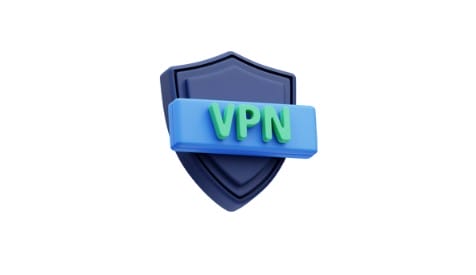
A Virtual Private Network, commonly known as a VPN, is a tool that hides your IP address, which is essentially the unique identifier for your device on the internet.
It achieves this by routing your network connection through a remote server. This not only masks your actual location but also encrypts your data, ensuring that your online activities remain private.
VPNs are particularly useful when accessing the internet from public Wi-Fi networks, such as those in cafes or airports. They protect your data while it’s in transit, ensuring that hackers and eavesdroppers cannot intercept it.
With a VPN, websites, internet service providers, and even government entities cannot pinpoint your exact location, giving you an added layer of privacy.
It’s essential to understand that while VPNs are excellent for maintaining privacy and securing data in transit, they don’t protect your device from viruses or malware. For that, you need other tools, like antiviruses or, indeed, firewalls.
Everything has its good side as well as bad sides, so let’s see VPN’s pros and cons,
| Pros | Cons |
|---|---|
| 1. Enhanced Privacy | 1. Can Reduce Internet Speed |
| 2. Data Encryption | 2. Complex Setup for Some Users |
| 3. Access to Geo-restricted Content | 3. Monthly/Yearly Costs |
| 4. Safe Public Wi-Fi Use | |
| 5. Bypass Censorship |
What are Firewalls?
Imagine a vigilant guard standing at the entrance of a building, meticulously checking everyone who enters and exits. That’s essentially what a firewall does for your digital devices.
It monitors incoming and outgoing traffic, ensuring that harmful data or malicious entities don’t get through. Firewalls can be categorized into two main types:
Hardware or Network Firewalls
These are physical devices positioned between your computer and your internet connection. While they offer robust protection, they often require professional setup and maintenance, making them more suitable for businesses or tech-savvy individuals.
Software Firewalls
These are programs installed on your computer. They control internet access for different applications, ensuring that only trusted programs can send or receive data.
Most modern operating systems come with built-in software firewalls, but there are also standalone versions available that offer advanced features.
While VPNs hide your data and activities, firewalls actively block potential threats. They can prevent viruses, malware, and other malicious entities from entering your network or device.
However, they rely on predefined rules. If a harmful website or application doesn’t match any of the firewall’s rules, it might still get through, which is why regular updates and vigilant configuration are crucial.
Now let’s see firewall’s pros and cons,
| Pros | Cons |
|---|---|
| 1. Enhanced Security | 1. Complex Setup |
| 2. Customizable Rules | 2. False Positives |
| 3. Traffic Monitoring | 3. Regular Maintenance Required |
| 4. Protection Against Malware | 4. Potential Slowdown |
| 5. Multi-layered Defense | 5. Not Foolproof |
Which One Should You Use?

The straightforward answer is both. VPNs and firewalls serve different purposes but complement each other perfectly.
A VPN ensures your online activities remain private and your data is secure when transmitted over the internet. On the other hand, a firewall acts as a barrier, preventing malicious entities from accessing your device or network.
For optimal online security, it’s advisable to use a VPN to hide your activities and encrypt your data, especially when using public networks. Simultaneously, a firewall should be in place to block potential threats, ensuring your device remains free from viruses and malware.
FAQ
- What is the primary purpose of a VPN?
- A VPN, or Virtual Private Network, primarily helps in masking your IP address and encrypting your internet traffic. This ensures that your online activities remain private and your data is secure, especially when transmitted over public networks.
- How does a firewall work?
- A firewall acts as a barrier between your device or network and potential threats from the internet. It monitors incoming and outgoing traffic, blocking any data or requests that match known threat patterns or violate set rules.
- Can I use a VPN and firewall simultaneously?
- Yes, you can and should use both simultaneously. While a VPN ensures data privacy, a firewall adds an extra layer of security by blocking potential threats.
- Do I need a firewall if I have antivirus software?
- Yes. While antivirus software scans and removes malicious files from your device, a firewall prevents harmful data or malicious requests from entering your network or device in the first place.
- Is it safe to use public Wi-Fi with a VPN?
- Using a VPN significantly enhances security on public Wi-Fi by encrypting your data. However, it’s always best to avoid accessing sensitive information, like online banking, even with a VPN on public networks.
- Are all VPNs safe?
- Not all VPNs offer the same level of security and privacy. It’s essential to choose a reputable VPN provider, preferably one that doesn’t log your activities and uses strong encryption methods.
- What’s the difference between a hardware firewall and a software firewall?
- A hardware firewall is a physical device placed between your network and the internet, while a software firewall is a program installed on your device. Both serve the same purpose but are suitable for different scenarios and setups.
- Can firewalls see encrypted traffic?
- While firewalls can detect that traffic is encrypted, they cannot view the actual content of encrypted data without the necessary decryption keys.
- Do I need a VPN for my mobile device?
- Yes, if you frequently connect to public Wi-Fi networks or want to ensure privacy on your mobile internet activities, a VPN is recommended for your mobile device.
- Are there free VPNs and firewalls available?
- Yes, there are free versions available for both VPNs and firewalls. However, it’s essential to be cautious, as some free VPNs might log your activities or offer limited security features compared to paid versions. Similarly, free firewalls might not provide comprehensive protection against advanced threats.
In the vast landscape of digital security, both VPNs and firewalls play crucial roles. While they serve different functions, their combined use provides a comprehensive shield against a majority of online threats.
As cyber threats continue to evolve, it’s more important than ever to be equipped with the right tools. By understanding and implementing both VPNs and firewalls, you’re taking a significant step toward a safer online experience.


